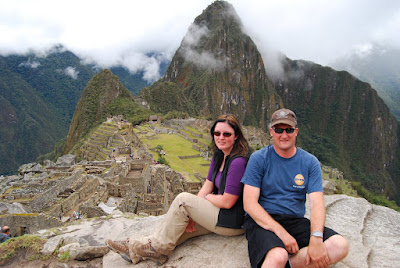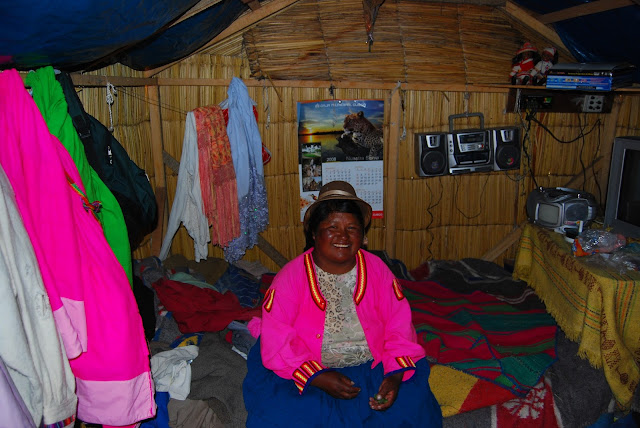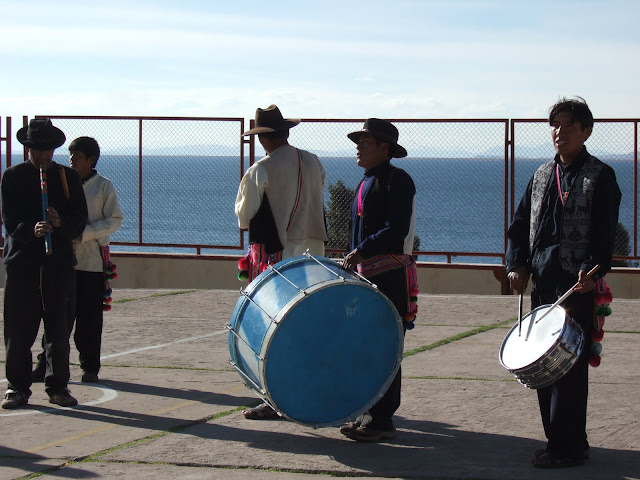I'm very glad we took the six week trip across South America. It had it's moments & made me quite ill at times, but it was worth it no question. As with any trip, you learn from your mistakes & do it different next time. There were some fantastic highlights though & below are a short list.
I know it looks very much like a nature expedition, but I've got to be honest, South America is very much like a big scenic zoo. People in general don't interest me that much and nature has much more to offer, particularly in that vast corner of the globe. If you want action, go to New Zealand; if you want a culture shock, go to Asia; if you want to see old buildings, go to Europe; if you want to see wildlife & spectacular scenery, the Americas & Africa are your place.
Ballistas Islands - wonderful wildlife.

Huaccachina - Buggies & Sand boarding

Arequipa - Beautiful white city & volcanoes



Colca Canyon - Condors & other wildlife life plus the deepest canyon on the planet.

Machu Picchu - Lost City & spectacular valley setting
Lake Titicaca - despite all it's tourist traps & the dreadful home stay
Uyuni Salt flats
Bolivian Southern Desert - Amazing lakes & surprising array of wildlife.
Santa Cruz - Wildlife at the Butterfly Park
The Pantanal - Mind blowing array of Wildlife
Bonito - Rio da Prata & Abysmo



Iguazu Falls - Incredible water falls & butterflies
Ilha Grande - Rain forest Island and amazing wildlife
 Rio de Janeiro - View & Animals at Christ the Redeemer
Rio de Janeiro - View & Animals at Christ the Redeemer




 Rio de Janeiro - View & Animals at Christ the Redeemer
Rio de Janeiro - View & Animals at Christ the Redeemer



I know it looks very much like a nature expedition, but I've got to be honest, South America is very much like a big scenic zoo. People in general don't interest me that much and nature has much more to offer, particularly in that vast corner of the globe. If you want action, go to New Zealand; if you want a culture shock, go to Asia; if you want to see old buildings, go to Europe; if you want to see wildlife & spectacular scenery, the Americas & Africa are your place.
If you ever get a chance to go to South America, don't pass it up. Its something you won't regret & a trip you'll never forget.












































